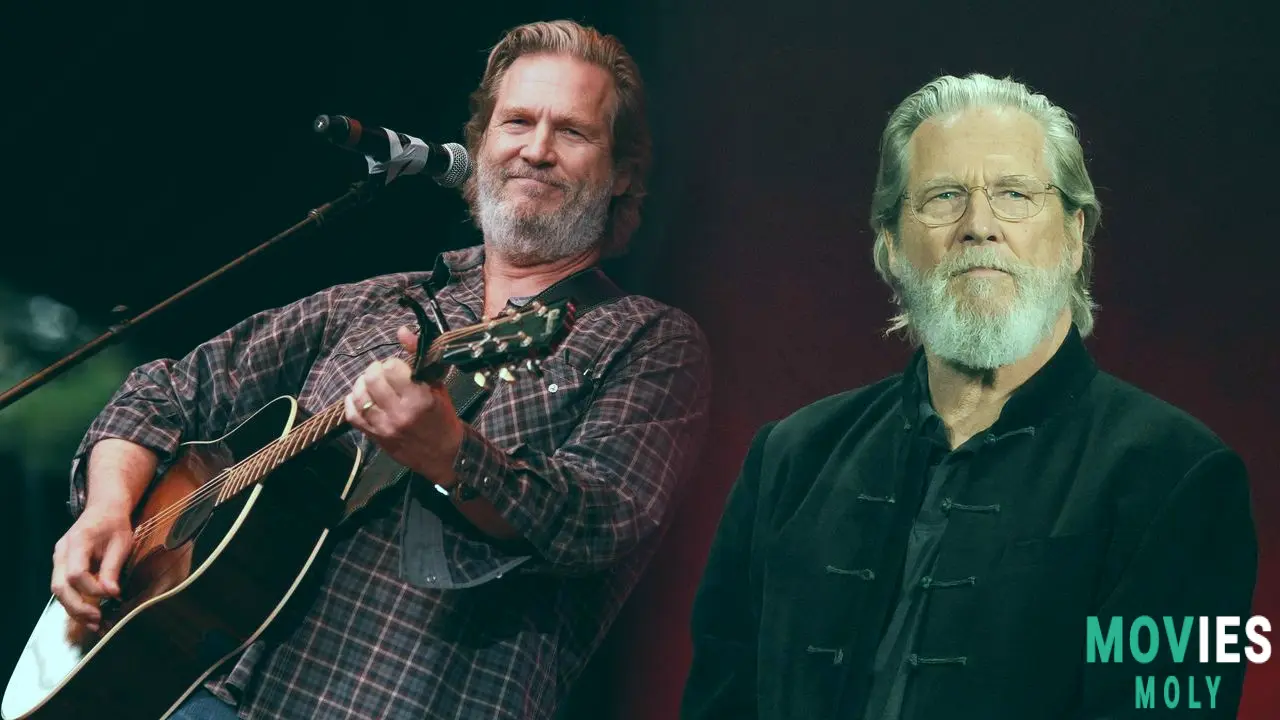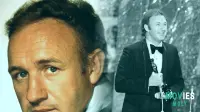Inside the eclectic sanctuary of Jeff Bridges’s Santa Barbara garage, time seems to fold in on itself. A black-and-white photo of Captain Beefheart in a suit gazes down from a wall, books lie scattered like relics of a restless mind, and a worn potter’s wheel sits next to an electric piano. It’s the kind of space where creativity isn’t just welcomed—it’s allowed to run wild. This is where Bridges, the Oscar-winning actor and lifelong musician, retreats to “dig” into what truly moves him.
How Jeff Bridges’s New Album Is a Time Capsule of Pure Creative Joy“Slow Magic, 1977-1978” isn’t just an album—it’s a resurrection. A collection of songs recorded during Bridges’s late twenties, pulled from dusty cassette tapes and given new life for Record Store Day. These tracks, born from improvisational jam sessions with friends on the Los Angeles West Side, sound as spontaneous and soulful as one could hope.
“We didn’t want any songs,” Bridges recalls about the Wednesday-night gatherings led by Steve Baim. The rule was improvisation, playing instruments they barely knew, and embracing the messiness of creation. The result? A psychedelic, emotional free-for-all that somehow touches the sublime. On “Kong,” Bridges even channels Burgess Meredith to narrate a rejected “King Kong” sequel pitch—where Kong is revealed to be a robot. It’s goofy, tragic, and utterly alive.
“It’s a sad story, but he was just a monkey machine!” Bridges cries out in a falsetto. Like the album itself, it’s honest in its weirdness.
Facing Mortality Gave Jeff Bridges the Courage to Release Untamed Art
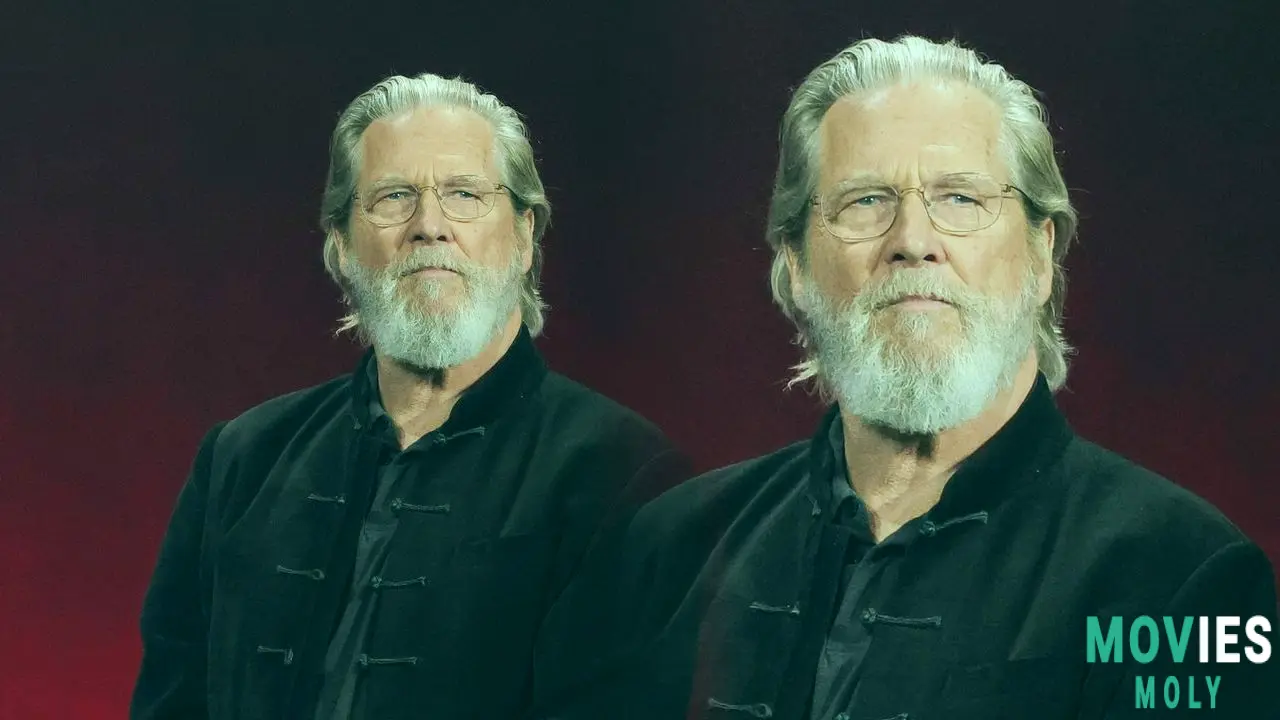
There’s a rawness to “Slow Magic” that comes from not caring what anyone thinks. And Bridges says that’s the only way he wanted to end the story. After battling cancer—and then COVID on top of that—he found himself “right at the door.”
“Do you have the juice to go in and polish all these tunes that you have?” he asked himself. The answer was no. Instead, he embraced the rough edges. “If I or anybody else wants to polish ’em up, that’s something else,” he said. But for now, he wanted to feel the music the way he did back then, with nothing standing in the way of spontaneity.
It’s a creative philosophy Bridges keeps coming back to: let it do you. Not control it, not shape it, but let it flow through you. “That’s the sweet spot, isn’t it?” he asks. It’s the same place he aimed for in his acting—a space of intimacy, trust, and getting out of your own damn way.
Jeff Bridges’s Love for Improvisation Mirrors His Approach to Life and Love
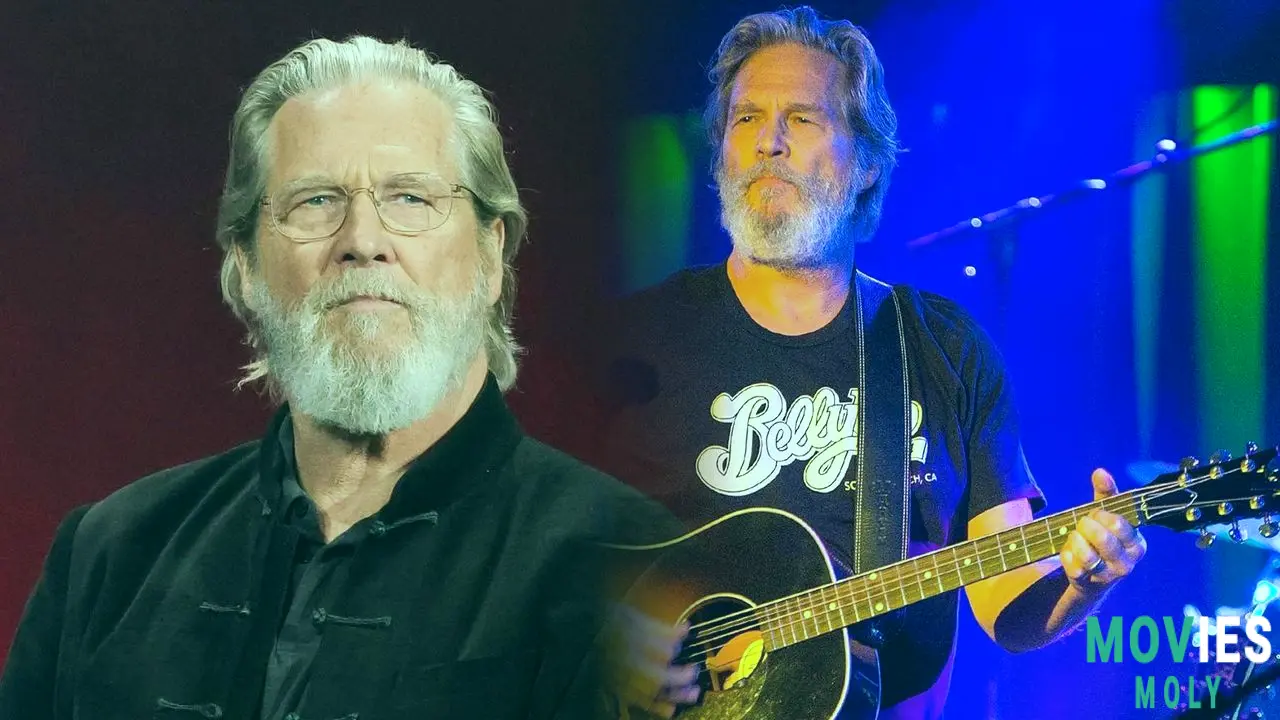
Bridges speaks like a poet when he talks about creativity. He references Emergent Behavior, a series of songs he made with trippy visuals, inspired by the idea of superorganisms and murmurations of birds. He wonders why humanity isn’t evolving in sync like those flocks. And he admits he doesn’t have the answers. But he trusts the process. He calls it “doing you instead of you doing it.”
“You’ve got to let the ego just go sit on the bench,” he says. It’s a mindset that kept him anchored through decades of artistic and personal twists. Even through five natural disasters that destroyed his homes. Even through the loneliness of sensory-deprivation tanks where he once floated with John Lilly, hoping to escape the mind’s fear of the unknown.
“You create a safe place,” he says. That’s what those Wednesday-night jams were. That’s what making Movies with directors like Hal Ashby felt like. A place to experiment, to fail, to be without pressure.
Jamming With Bob Dylan Was One of Jeff Bridges’s Greatest Life Highs
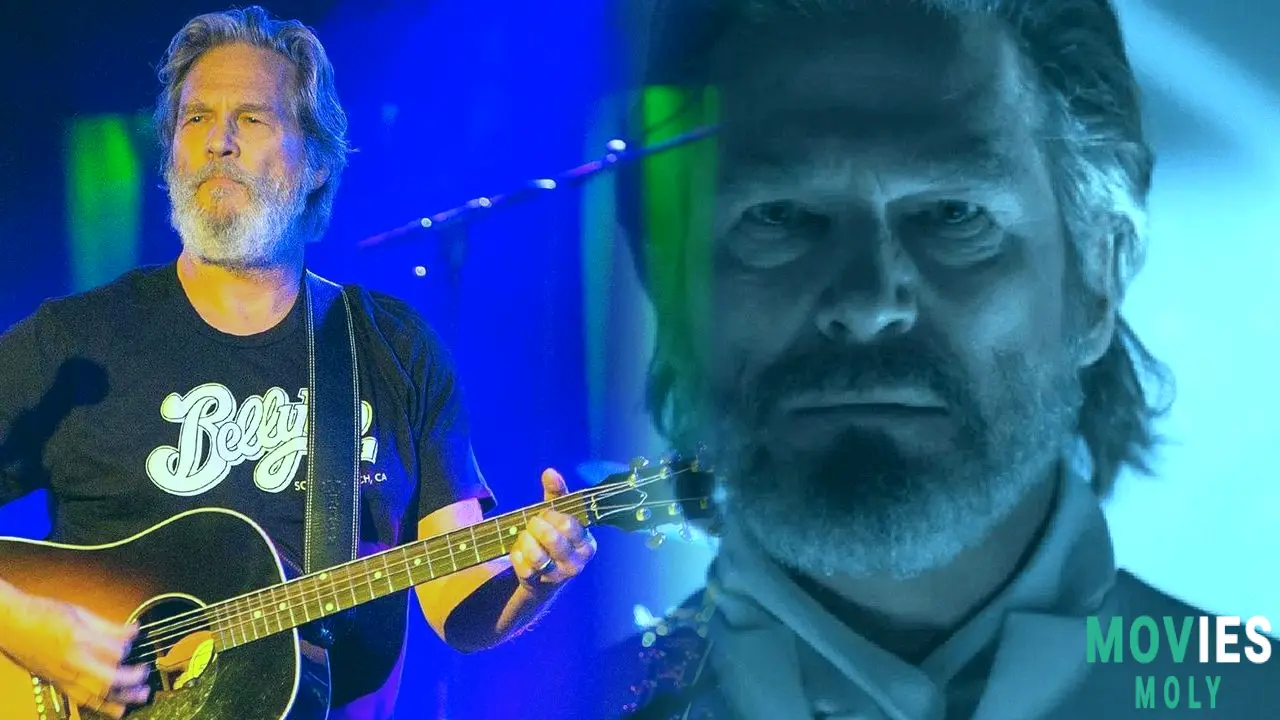
For someone who straddles the worlds of film and music so effortlessly, it’s no surprise that Bridges counts Bob Dylan among his treasured collaborators. Their 2003 film Masked and Anonymous—written by Dylan—gave Bridges the chance to do something special on set: jam with Dylan. Not just musically, but improvisationally, as a way to help Dylan loosen up as an actor.
“We just played,” Bridges told Howard Stern years later. “He loved it. He was just incredible.”
He even joked about the intensity of the moment: “I might have had a bowel movement, I had to check for sure.” But that’s the thing about Bridges. He feels these experiences deeply, and he lets them become part of his art.
When Dylan asked him in the trailer, “Hey man, you want to jam?” Bridges was already in another zone. They played “You Belong to Me.” Bridges played rhythm. Dylan, of course, was masterful.
“One of the high points of my life, man,” Bridges said simply. And you don’t need more than that.
Jeff Bridges’s Story Is a Testament to Loving Deeply, Living Fully, and Getting Out of Your Own Way
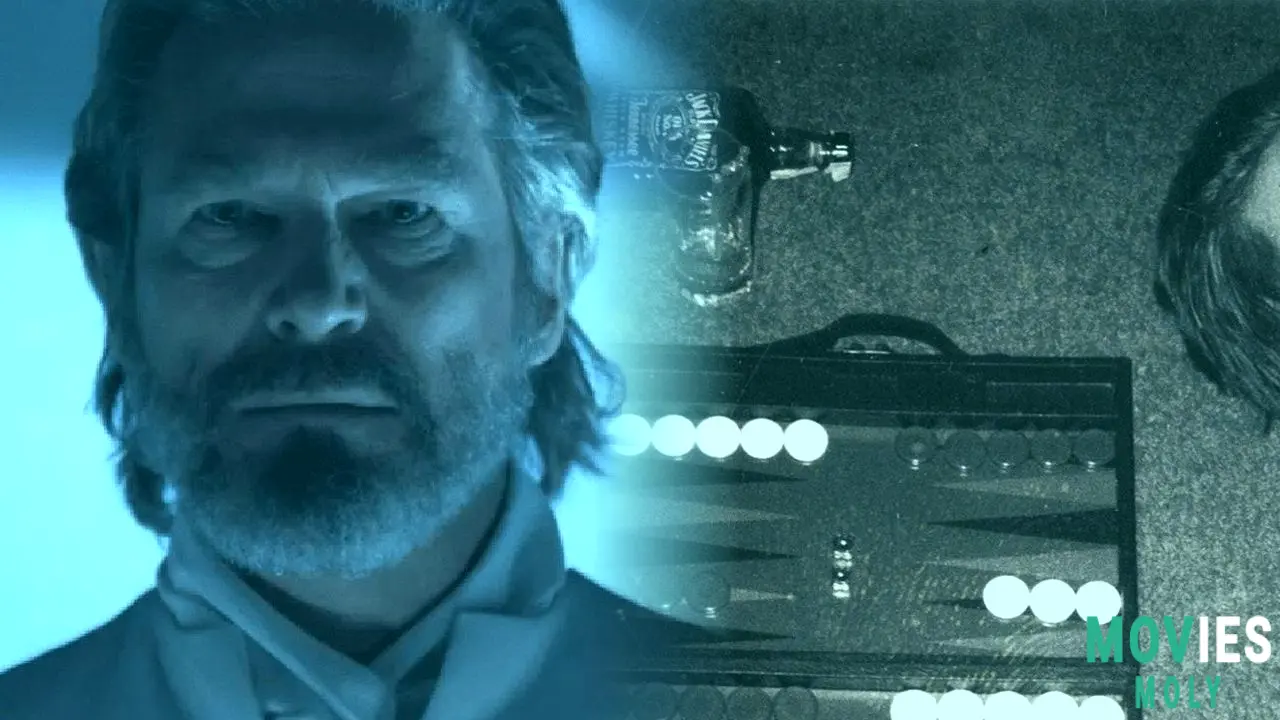
Bridges’s reflections on love, marriage, and intimacy are as raw and real as his music. He tells the story of how he proposed to his wife after she gave him her first word photograph—a shot capturing her saying “No.” He admits he resisted marriage, calling it “abulia,” a fancy word for not being able to make up your mind. But love, he says, eventually broke through that resistance.
“You just wanna get intimate and get to know each other,” he explains. “You don’t wanna fuck. It doesn’t work.”
There’s a moment in the conversation where Bridges sums up his entire ethos with one word: dig. As in, just dig it. Not fight your ego, not try to suppress it, but get to know it. Let it lead you to unexpected places. That’s how he created “Slow Magic.” That’s how he lived through illness, loss, and the relentless march of time.
“I’m livin’ like I’m already dead,” he says, quoting one of his own songs. And in that acceptance, there’s freedom. Creativity. Love. Life, in its most honest form.
Jeff Bridges isn’t just digging it. He’s teaching us how to dig it too.

